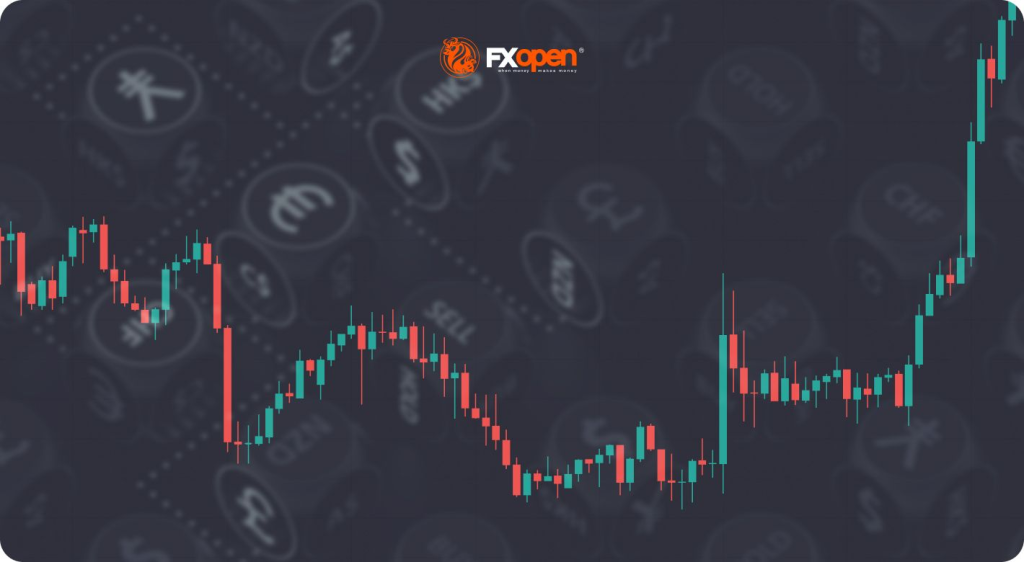Forex Trading and the Role of Currency Reserves
Forex, short for foreign trade, is the greatest financial market on earth, with a regular trading quantity exceeding $6 trillion. It’s where currencies are bought and sold, rendering it an important component of worldwide finance. Forex trading requires the trade of 1 currency for yet another, and their recognition stalks from the ability to benefit from the fluctuating trade rates.
The forex industry runs 24 hours a day, five times per week, thanks to their decentralized nature. Important economic sites world wide, such as London, New York, Tokyo, and Sydney, lead to the regular trading activity. This accessibility helps it be easy for traders from different time zones to participate.
Forex trading primarily happens in currency couples, such as for instance EUR/USD (Euro/US Dollar) or USD/JPY (US Dollar/Japanese Yen). The very first currency in the couple is the base currency, and the second is the quote currency. The exchange rate presents the quantity of the estimate currency needed to get one unit of the bottom currency. Traders speculate on whether a currency may enjoy (go up) or depreciate (go down) in value relative to their counterpart.
To engage in forex trading, one requires a forex broker, an economic intermediary that gives access to the forex market. Brokers present numerous trading tools, methods, and sources to help traders make informed decisions. Moreover, traders can decide between various kinds of reports, such as for instance typical, mini, or micro reports, depending on their risk tolerance and trading capital.
Technical and basic analysis are two basic strategies utilized in forex trading. Technical evaluation involves learning famous value charts, habits, and indications to predict potential price movements. On the other hand, fundamental evaluation targets financial and geopolitical factors that could influence currency values. Successful traders often combine both approaches to make well-informed trading decisions.
Chance management is an essential part of forex trading. Traders use stop-loss instructions to restrict possible deficits and take-profit orders to secure profits. Influence, a double-edged sword, can improve both gains and deficits, so it is employed wisely. Traders should not invest significantly more than they can afford to lose.
Psychology represents a significant role in forex trading. Feelings like anxiety and greed can result in impulsive choices, producing losses. It’s crucial for traders to keep up discipline and adhere to a trading plan. Frequent learning, training, and adapting to changing metatrader situations are crucial to long-term success in the forex market.

To conclude, forex trading is a dynamic and accessible market that provides ample options for profit. Traders can engage in this global industry, capitalizing on currency value fluctuations. Nevertheless, it’s necessary to strategy forex trading with warning, emphasizing chance management, educated decision-making, and ongoing learning how to navigate the complexities of the international change market.
